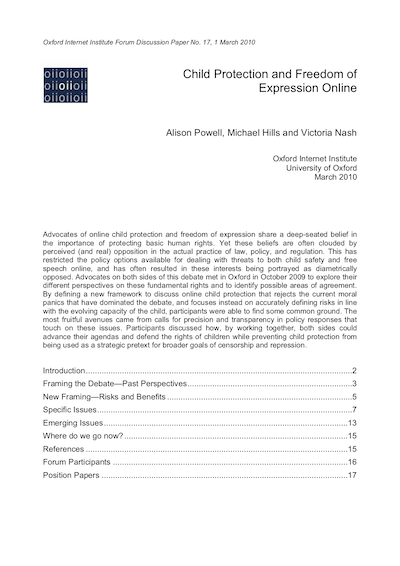About
Alison Powell completed a PhD in Communication Studies at Concordia University in 2008 and held a SSHRC Postdoctoral Fellowship at the Oxford Internet Institute.
Her work focuses on the social and political implications of different forms of networked communication, including the Internet and mobile devices. In particular, she explores how innovations such as local networking projects influence policy discourses, and what these discussions imply for the governance and regulation of future communications systems. Her PhD thesis studied the outcomes of the community WiFi phenomenon in the United States and Canada. Her current work concentrates on how grassroots technology projects and processes of ‘peer production’ transform the technical and policy structures of the Internet.
This research describes new forms of political engagement, and poses challenging questions about the future of governance and regulation of communications. How does collective action operate when ‘code is law’? What new theoretical and political challenges are posed by emerging communication systems?
Alison has extensive experience in evaluating local networking projects: she was the Principal Investigator of the Public Interest Communications Infrastructure Taxonomy project, funded by the Social Sciences research Council’s Collaborative Grants in Media and Communications. She has consulted on the production of Etho’s Groups Better Broadband Toolkit, and for a project on community and municipal wireless projects for the New America Foundation’s Wireless Futures program. Between 2004 and 2008 she was a researcher with both the Canadian Research Alliance on Community Innovation and Networking (CRACIN) and the Community Wireless Infrastructure Research Project (CWIRP). She is committed to conducting empirical social research that helps to develop communication and information policy for the public good.
Research Interests
Community informatics, Internet policy, peer production, culture and technology, wireless infrastructure.



